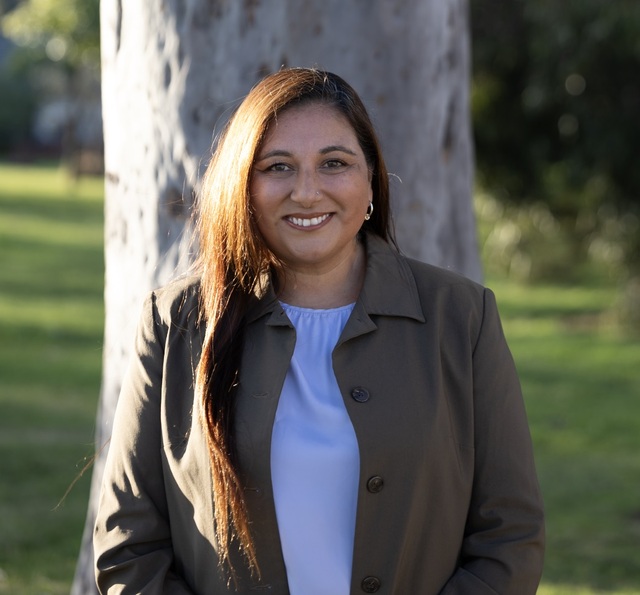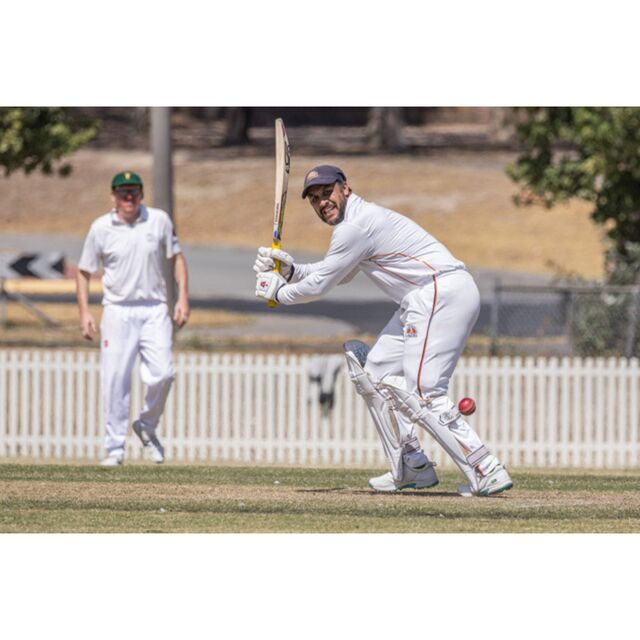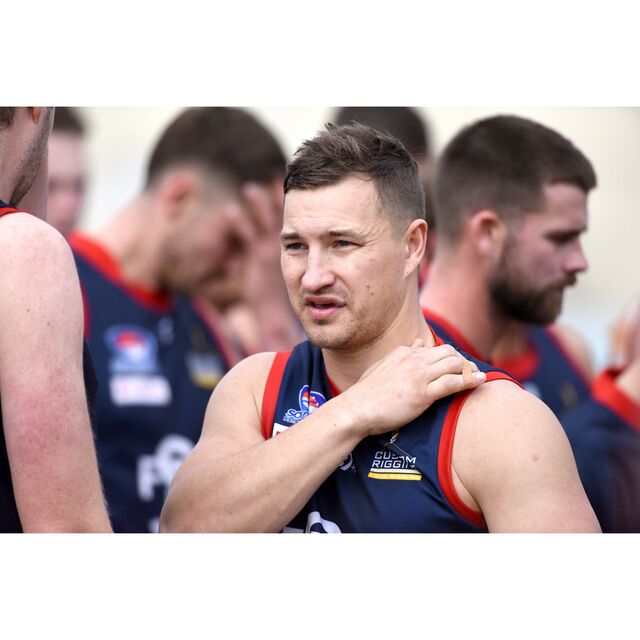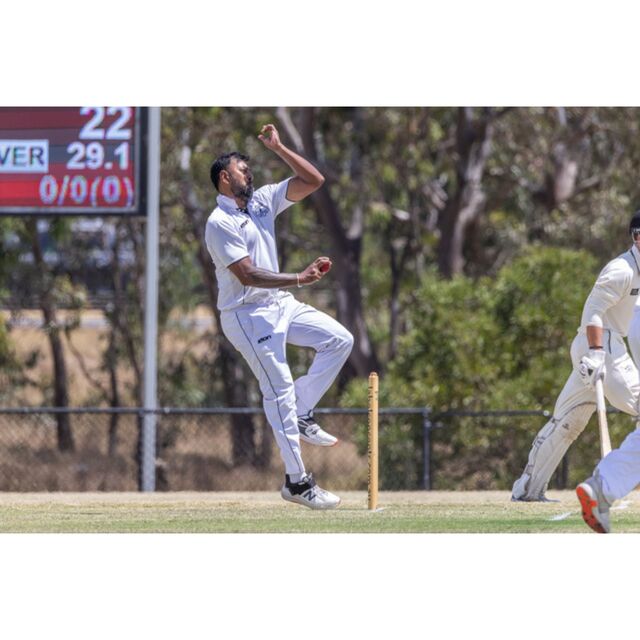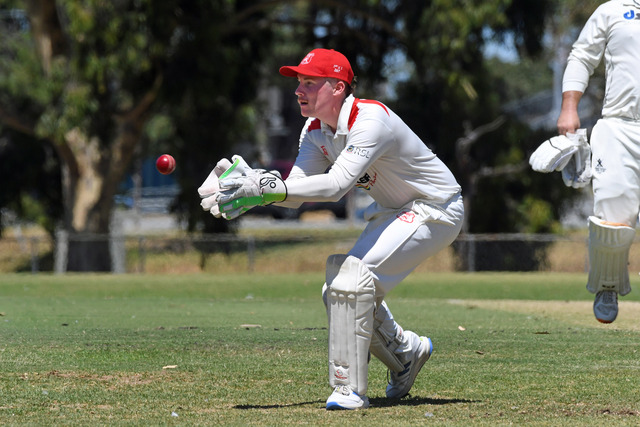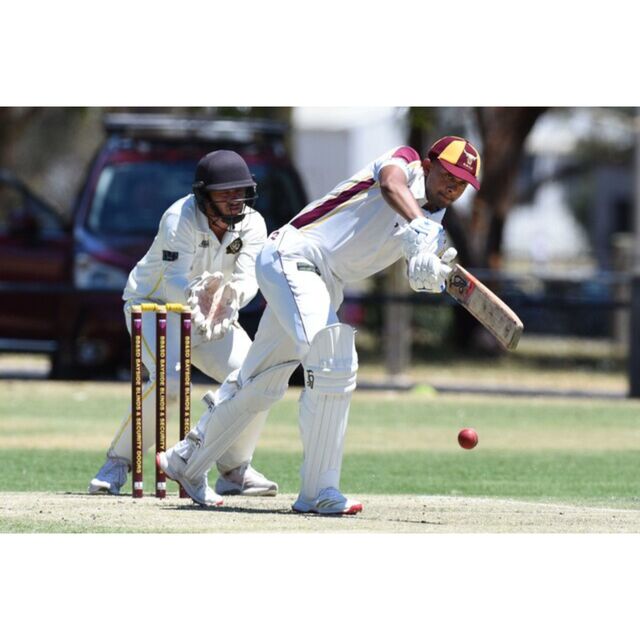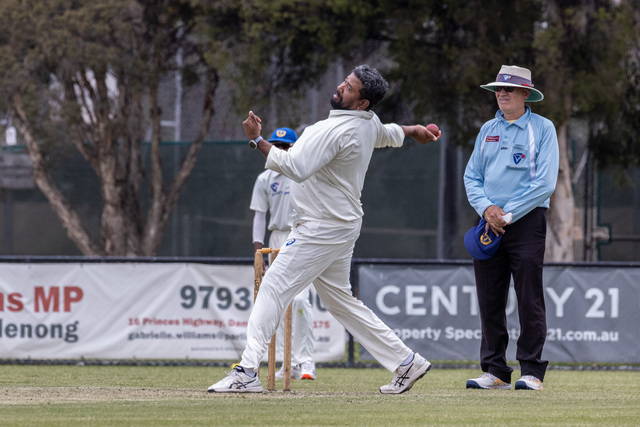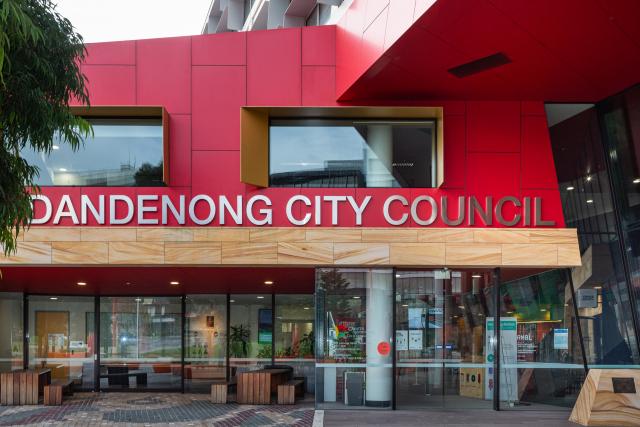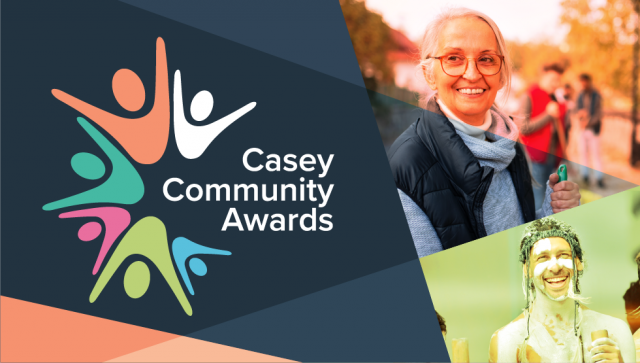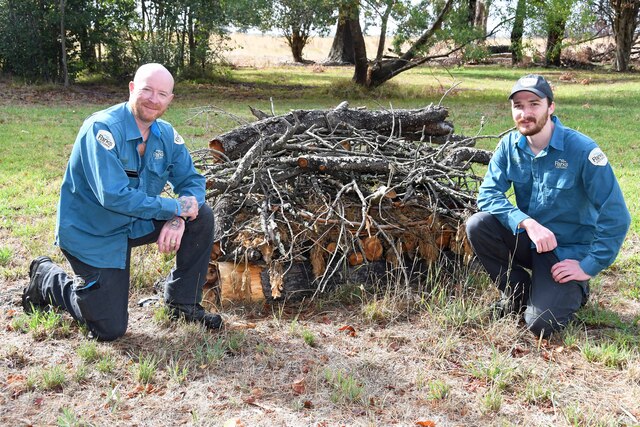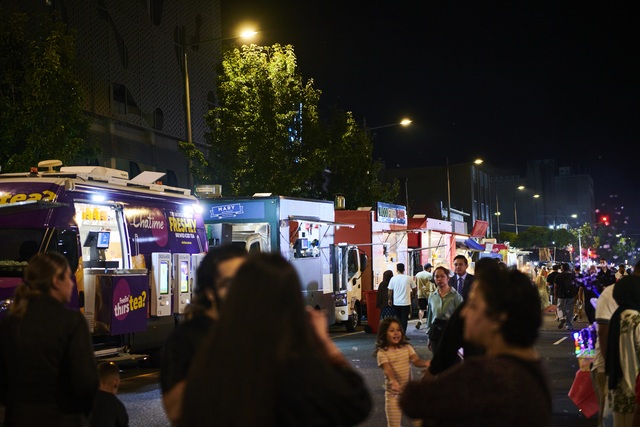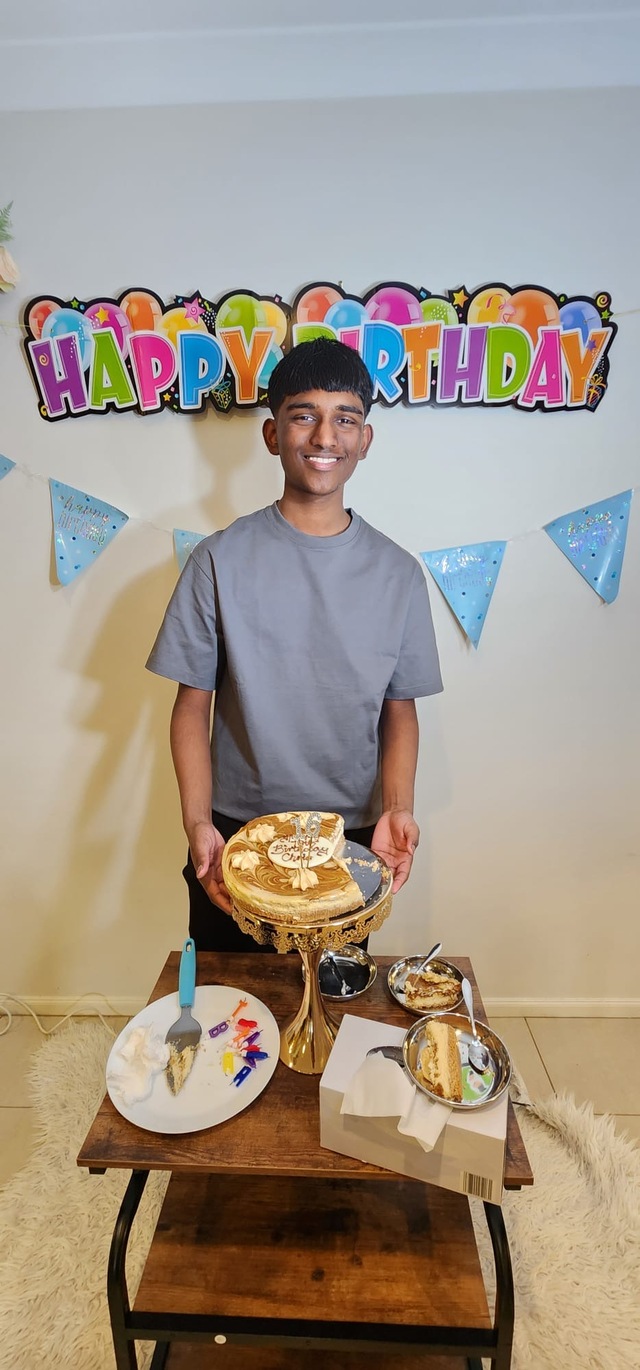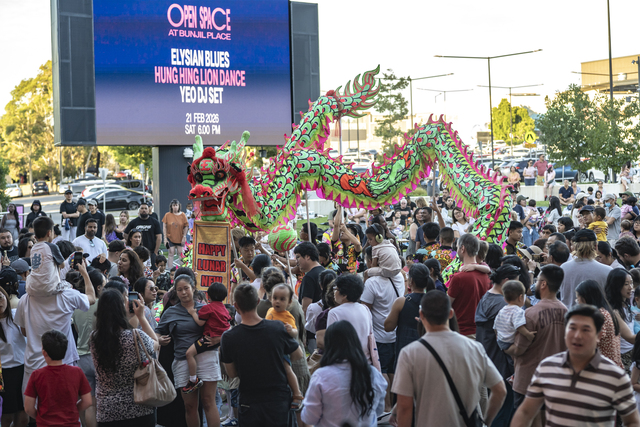Australia Day holds varied meanings for the 27-plus million people who call this land home.
For some, it is a day of celebration; for others, it is a painful reminder of loss, survival, and resilience.
As this significant date approaches, it’s time to reflect on its true significance and how we can move forward together.
THE ORIGINS OF 26 JANUARY
While much of the current narrative links Australia Day to Captain Arthur Phillip raising the British flag in 1788 and the establishment of a penal colony, this story resonates with few.
After all, celebrating colonisation as the foundation of our identity seems outdated, divisive, and even inaccurate.
Instead, 26 January deserves to be recognised for its true significance—the day the Australian Citizenship Act came into effect in 1949.
On this day, Australians ceased to be British subjects and became recognised as citizens of their own nation.
Millions of people have since taken up Australian citizenship on January 26, committing themselves to the values of mateship, resilience, and inclusion.
This is what we should celebrate—a unifying moment in history when we truly began to define what it means to be Australian.
HONOURING OUR FIRST NATIONS PEOPLE
For First Nations people, 26 January is a complex and deeply emotional day.
It marks the start of colonisation—a history of loss, dispossession, and systemic oppression.
However, it also speaks to incredible survival, cultural strength, and resilience.
In my role as a Cultural Educator, I have the privilege of speaking with First Nations people from all over the country.
Many express a shared hope: that by rewriting our outdated history books and reframing this day, we can create a narrative that honours their history while fostering unity.
Australia Day should be an opportunity to reflect on and celebrate the achievements of our First Nations communities.
Just as cultures worldwide honour their histories, the holocaust comes to mind, Australia must do the same.
Let this day commemorate the resilience of our First Peoples, their contributions to our collective story, and their generosity in sharing this land.
A CELEBRATION OF DIVERSITY AND UNITY
For the millions of Australians from diverse cultural backgrounds, Australia Day can be a moment to reflect on their journey, their sacrifices, and the opportunities this land has provided.
It’s a chance to honour the courage of those who sought a new life here and the strength of those who built the foundations of today’s multicultural Australia.
With 18.5 million Australians born here and millions more choosing this country as their home, Australia Day must become a celebration of what unites us: our shared values of mateship, fairness, and resilience.
It’s not about erasing history but evolving the narrative to embrace our identity as a proudly independent and inclusive nation.
And perhaps, one day, we can take the next step by becoming a republic—a milestone that will further affirm our unique identity.
MOVING FORWARD TOGETHER
It’s time to change the conversation around Australia Day.
Let’s shift the focus away from outdated and divisive narratives and celebrate what truly defines us: the Australian Citizenship Act of 1949, our shared diversity, and the values that unite us as Australians.
Imagine if a simple Google search for “What is Australia Day?” reflected this evolution.
By embracing this new perspective, we can build a future where Australia Day unites us, inspires reflection, and strengthens our shared identity.
We don’t need to change the day – just what it represents!
Let us come together on 26 January — not to celebrate division but to embrace the diversity that makes us extraordinary.
A good excuse for a BBQ in my books!
Together, we can create an Australia that honours its past, celebrates its present, and looks forward to a future built on respect, resilience, and unity.
– Dr Jamel Kaur Singh is an Eumemmerring author, academic and founder of Corporate Cultural Change Consultancy. As a candidate in the 2024 Casey Council elections, Dr Singh called out racist abuse in politics and community.

